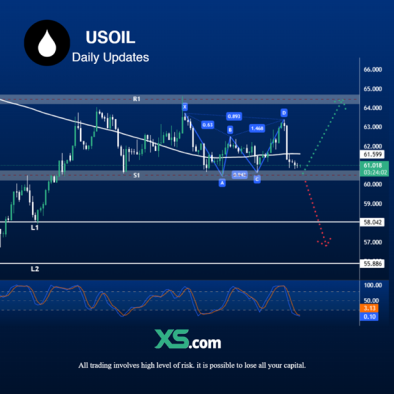 29 July 2013, News Wires – Brent futures were little changed above $107 a barrel on Monday as concerns surrounding demand growth were countered by a weak dollar and fears about supply disruptions.
29 July 2013, News Wires – Brent futures were little changed above $107 a barrel on Monday as concerns surrounding demand growth were countered by a weak dollar and fears about supply disruptions.
Investors have been rattled by a slowdown in China, and are waiting on manufacturing data to help gauge the demand outlook. Still, a fall in the dollar on expectations the US Federal Reserve will affirm its low interest rate policy has helped support crude.
Brent crude slipped 6 cents to $107.11 a barrel early on Monday, after ending 48 cents lower and sliding for a second straight week. US oil fell 37 cents to $104.33 after settling 79 cents down.
“Oil will not go up much higher or fall below these levels, with Brent drawing support from the Forties pipeline issues and the US benchmark under pressure from rising production in North Dakota,” said Yusuke Seta, a commodity sales manager at Newedge Japan. “It will be a volatile week for prices with key data and policy meetings due this week.”
Seta expects Brent to trade between $106 and $109 a barrel this week with the US benchmark hovering around $105. Brent’s premium to the US contract will stay between $3 and $6 a barrel as the European marker draws support from supply woes.
The North Sea’s Forties pipeline has cut pumping rates by about 40,000 barrels per day because of maintenance work, trade sources said, tightening supply of the crude that underpins the Brent benchmark.
In the United States, crude output hit its highest since 1990, while crude inventories showed a much smaller fall, data from the US Energy Information Administration showed.
Hedge funds took huge positive bets on US crude this week just before the market turned south. Positive wagers placed by money managers on West Texas Intermediate (WTI) crude reached a new record for the week ended 23 July, data from the Commodity Futures Trading Commission (CFCT) showed.
“Investors will have to liquidate these positions they have built up, but the question is when,” Seta said.
Investors are eyeing official data this week from China on its vast manufacturing sector after an initial reading from HSBC showed activity at its slowest in 11 months in July.
They are also awaiting a two-day policy meeting by the Federal Reserve starting on Tuesday. If the Fed confirms it will reduce its bond purchases by September, that will fuel another commodities sell-off. A delay will spur a rally.
Lingering supply disruption concerns continue to support prices. Explosions rocked the eastern Libyan city of Benghazi on Sunday, while protests risk new confrontations in Egypt.



